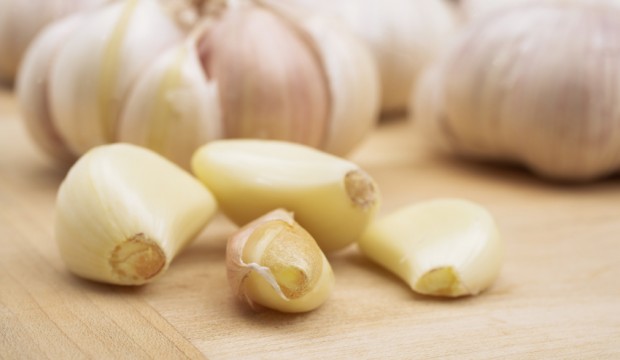Tracks information on drugs on worldwide basis by Dr Anthony Melvin Crasto, helping millions with websites, 9 million hits on google, 2.5 lakh connections worldwide, P.S. : The views expressed are my personal and in no-way suggest the views of the professional body or the company that I represent.
Showing posts with label garlic. Show all posts
Showing posts with label garlic. Show all posts
Tuesday, 19 November 2013
Tuesday, 30 July 2013
Garlic an antifungal, garlic can also support your immune system, reduce cholesterol, and help control blood sugar levels.

Garlic is a proven antifungal . Research studies have shown that garlic is effective against pathogens like Candida. In addition to its use as an antifungal, garlic can support your immune system, reduce cholesterol, and help control blood sugar levels.
You can start taking garlic supplements once you have finished your cleanse and moved on to the strict anti-Candida diet. As always, it is better to take two or three antifungals at once to prevent the Candida from adapting, so you can use garlic in addition to other natural antifungals.
How does Garlic help with Candida overgrowth?
There is a wide range of scientific literature supporting the use of garlic as an antifungal. Much of this research is focused on Candida and similar pathogenic organisms. For example, a 1988 study (see the full text here) found that “the growth of Candida Albicans was found to be markedly inhibited by AGE [aqueous garlic extract]”. According to another article by Huntington College of Health Sciences, “Research has clearly shown that garlic has anticandidal activity, inhibiting both the growth and function of Candida Albicans”.
One of the key compounds in garlic is ajoene, a proven antifungal that has been shown to be effective against many fungal strains. Ajoene is formed from a compound named allicin and an enzyme named allinase. When these two natural compounds come into contact (by chopping the garlic, crushing it or by other means), they form an antibacterial agent named allicin, which then combines to form ajoene. Although this has proven antifungal properties, the exact mechanism by which this happens is not clear. As with other antifungals, scientists suspect that it works by disrupting the cells walls of the Candida yeast cells.
A major advantage of garlic is that it is so easy to include in your treatment plan. Garlic tablets, softgels and oils are widely available, and fresh garlic cloves make a tasty addition to many recipes. You can use garlic as a complement to your other antifungals without having to spend a great deal of money. To get the best results and prevent the Candida yeast from adapting to the treatment, it is best to take two or three antifungals at the same time.
How do you take Garlic?
Garlic products can be found in a number of different forms, in both your supermarket and your health food store. In your supermarket you will find items like fresh garlic cloves, garlic paste, crushed garlic, garlic flakes or garlic powder. Your health food store should stock garlic tablets and garlic oil.
Each type contains different levels of the active ingredients, so make sure to read the ingredients. Here is a basic run-down of the recommended dosage for each type:
- Garlic cloves: 2 to 4 grams per day of fresh, minced garlic clove
- Garlic Tablets: 600 to 900 mg daily, freeze-dried garlic standardized to 1.3% alliin or 0.6% allicin
- Garlic Oil: 0.03 to 0.12 mL three times a day
Who should not take Garlic?
Although a natural remedy, concentrated garlic can still interact with other medicines, so always consult a health professional. Garlic has a blood-thinning property that can be very useful, but can also be dangerous to sufferers of hemophilia or platelet disorders, as well as pregnant women or patients about to undergo surgery.
Side effects from garlic include upset stomach, bloating, bad breath, body odor, and a stinging sensation on the skin from handling too much fresh or dried garlic. Handling garlic may also cause the appearance of skin lesions.
Other side effects that have been reported by those taking garlic supplements include headache, fatigue, loss of appetite, muscle aches, dizziness described as vertigo (namely, the room spinning), and allergies such as an asthmatic reaction or contact dermatitis (skin rash).
Some people may suffer a mild allergic reaction to concentrated garlic. Others may have an upset stomach, body odor, bad breath, headache, loss of appetite or fatigue. It may prompt a skin reaction, such as a stinging in the hands.
Subscribe to:
Comments (Atom)